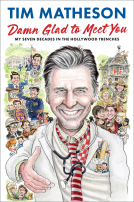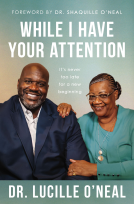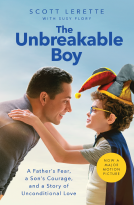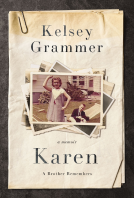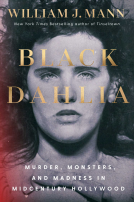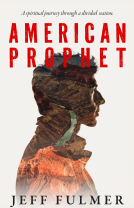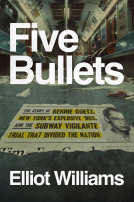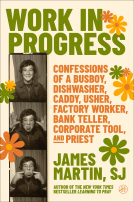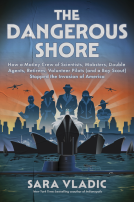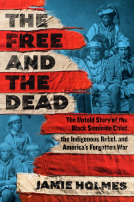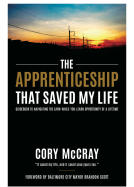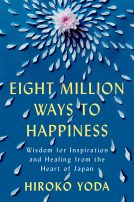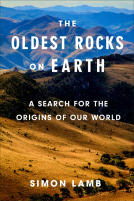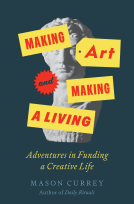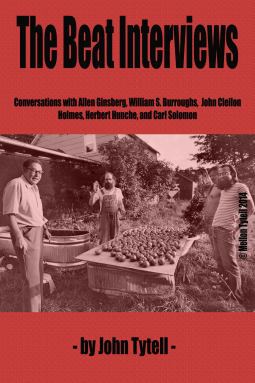
The Beat Interviews
by John Tytell
This title was previously available on NetGalley and is now archived.
Send NetGalley books directly to your Kindle or Kindle app
1
To read on a Kindle or Kindle app, please add kindle@netgalley.com as an approved email address to receive files in your Amazon account. Click here for step-by-step instructions.
2
Also find your Kindle email address within your Amazon account, and enter it here.
Pub Date Sep 01 2014 | Archive Date Jan 08 2015
Description
John Tytell, author of Naked Angels - one of the first books about the Beat Generation - has collected his interviews with William S. Burroughs, Allen Ginsberg, Carl Solomon, Herbert Huncke, and John Clellon Holmes, alongside accompanying essays that describe the philosophies and styles of the Beat Generation.
Advance Praise
No Advance Praise Available
No Advance Praise Available
Marketing Plan
No Marketing Info Available
No Marketing Info Available
Available Editions
| EDITION | Other Format |
| ISBN | 9780956952592 |
| PRICE | $0.00 (USD) |
Links
Average rating from 7 members
Featured Reviews
 Lora M, Reviewer
Lora M, Reviewer
As the title suggests, the book is a series of actual interviews with or about people who were a part of what is known as The Beat Generation. The original members of this elite company include Herbert Huncke, William Burroughs, Jack Kerouac and Allen Ginsberg.
In the first interview, Huncke explains that the word 'Beat' refers to being exhausted, beaten down. Those of us who see this 1950s term as a reference to bongos and Maynard G. Krebs have a lot of enlightenment to catch up on and this book provides the facts. Huncke speaks candidly about his experiences in prison and the drug underworld and refers to the "terrifying honesty" often found in these counter cultures. He also relates his adventures on a tanker ship and about his pet monkey while working on the ship.
He speaks of known figures wanting to be gangsters in the criminal underworld and of circus people and how their associations are similar to these societies. He goes on to tell us about Chicago hipsters and the 'hip' element of the early 1930s, as well as meeting Doctor Kinsey and his contributions to the Kinsey report.
Some of the history and relevance of the book, The Cool World by Glenn O'Brien is explained and ideas about what it is to be hip. The early beatniks, dubbed by a journalist in parody of the Sputnik space exploration happening at the time, embraced the idea of being beaten down, the drug culture and the effects of becoming a social pariah.
This counter-altruism was sometimes poetic in its romanticist ideals.
The next interview with John Clellon Holmes mostly talks about Jack Kerouac and his book, On The Road, which according to Holmes brought a certain celebrity status to Kerouac and began to affect how the author related to people.
The book as a whole is very informative and tells much about the lives of legendary figured from a generation that is frequently misunderstood. It is sometimes poignant, telling how Burroughs became a recluse and fell into alcoholism, detailing relevant histories of names you don't hear much about in history class.
There is an actual interview with William Burroughs, who among other things, studied Archaeology much to my surprise. Between morphine addiction and associating with other names from the beat generation, we learn that Burroughs was once a farmer and the legend begins to look like a real person behind the public perception of him. The Holmes interview tells how the cult around Burroughs came to be and is followed by an interview with Carl Solomon, the man whom the poem, Howl was dedicated to.
There is also an interview with Alan Ginsberg and a touching tribute at the end that could almost make me feel nostalgic for an era that happened long before I was born. Overall an excellent look inside a significant subculture that helped to shape the counter-culture of the 1960s that would follow and mark a place in history when Western culture was forever changed.
 Joseph S, Reviewer
Joseph S, Reviewer
“Cool dies when it becomes a fashion adjective.”
The Beat Interviews by John Tytell is a collection of interviews and commentary on leaders of the beat generation. The interviews conducted in the 1970s include Allen Ginsberg, William S Burroughs, Carl Solomon, Herbert Huncke, and John Clellon Holmes. The interviews seem for the most part to be unscripted and unprepared. The transcripts are not the type you read in a glossy magazine. These seem to be raw interviews and there are even a few spelling errors interviews (but not the commentary). In today’s media of heavily scripted interviews this is refreshing.
The tone and the answers of those being interviewed add to the overall content. Huncke, for example, forgets people’s last names and seems to struggle at times, losing his train of thought. Burrough's comes across as being annoyed at the some of the questions and gives one word answers at times. You can almost hear Burroughs harsh voice give more than a few indignant retorts. Burroughs is also seen as the odd member of the group. Kerouac and Ginsberg, both from blue collar backgrounds, saw Burroughs as upper-class. John Clellon Holmes talks about Kerouac and his writing. Kerouac’s comment about writing fiction -- or lies as Kerouac called it is explained. Kerouac’s relationship with other beat members is also discussed. Carl Solomon met Ginsberg at Greystone Park Psychiatric Hospital. Ginsberg was serving his sentence for his part in an automobile theft and Solomon for treatment. Solomon would have a role in with Ginsberg and Burroughs as his uncle was the owner of Ace Books. Ginsberg dedicated “Howl” to Solomon and included Solomon in the poem. Tytell does an outstanding job with Ginsberg and in the commentary goes into detail of Ginsberg’s last public reading of “Howl”.
The Beat Interviews are a person look inside some key members of the movement in their own words and in the words of their contemporaries -- Neal Cassady and Jack Kerouac had already died at the time of the interviews. I enjoyed the unpolished style of the interviews; they seemed more honest. Although I only recently started reading any Kerouac, Burroughs, and Ginsberg, I can see the draw to Kerouac and Ginsberg. Burroughs give me difficulty, but in his time I believe he was more extreme and fitting than he is today. This is a great collection for beat fans and a personal look at, at the time, the surviving members.
Posted on Goodreads and Evilcyclist's Bookshelf
Readers who liked this book also liked:
Scott Michael LeRette
Biographies & Memoirs, Christian, Parenting, Families, Relationships
Jeff Fulmer
General Fiction (Adult), Politics & Current Affairs, Religion & Spirituality
